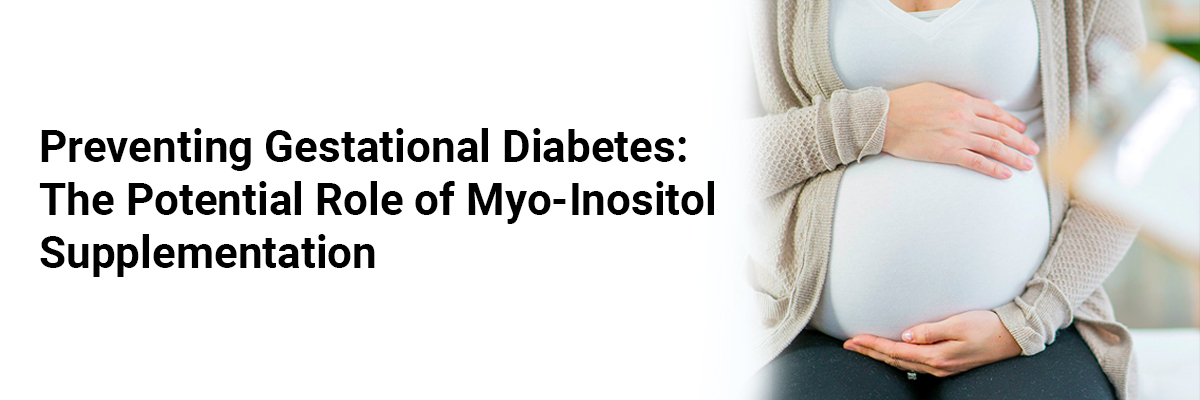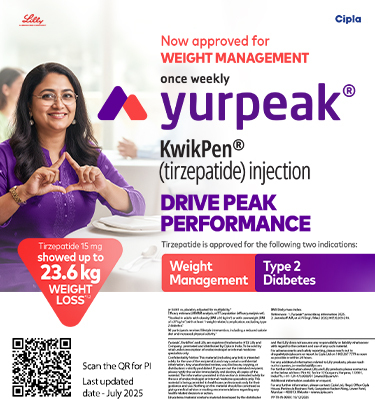
Preventing Gestational Diabetes: The Potential Role of Myo-Inositol Supplementation
Gestational diabetes mellitus (GDM) continues to rise globally, with significant implications for both maternal and neonatal health. As researchers explore preventive strategies beyond lifestyle interventions, myo-inositol—a naturally occurring sugar alcohol present in various foods—has emerged as a promising candidate.
A recent Cochrane review evaluated evidence from seven randomized trials and found that antenatal supplementation with myo-inositol may lower the incidence of GDM, hypertensive disorders of pregnancy, and preterm birth. However, the data did not demonstrate a reduction in the risk of large-for-gestational-age infants.
Despite encouraging signals, several caveats remain. Most of the available trials were small in scale, underpowered for critical outcomes such as perinatal mortality and severe neonatal morbidity. The majority were conducted in Italy, with only one study from Ireland, raising questions about applicability across diverse populations. Moreover, inconsistencies in dosage, timing of supplementation, and study design further limit the certainty of these findings. Consequently, the evidence for many outcomes has been graded as low to very low certainty.
These limitations underscore the need for well-designed, multicenter trials to clarify the role of myo-inositol in GDM prevention. Rigorous research is essential not only to establish efficacy and safety but also to define optimal dosing and target populations.
In conclusion, while preliminary evidence suggests that myo-inositol supplementation may offer a novel, low-cost strategy to reduce the burden of gestational diabetes, it is not yet ready for routine clinical application. Future studies will be pivotal in determining whether this intervention can transition from potential to practice.
















Please login to comment on this article